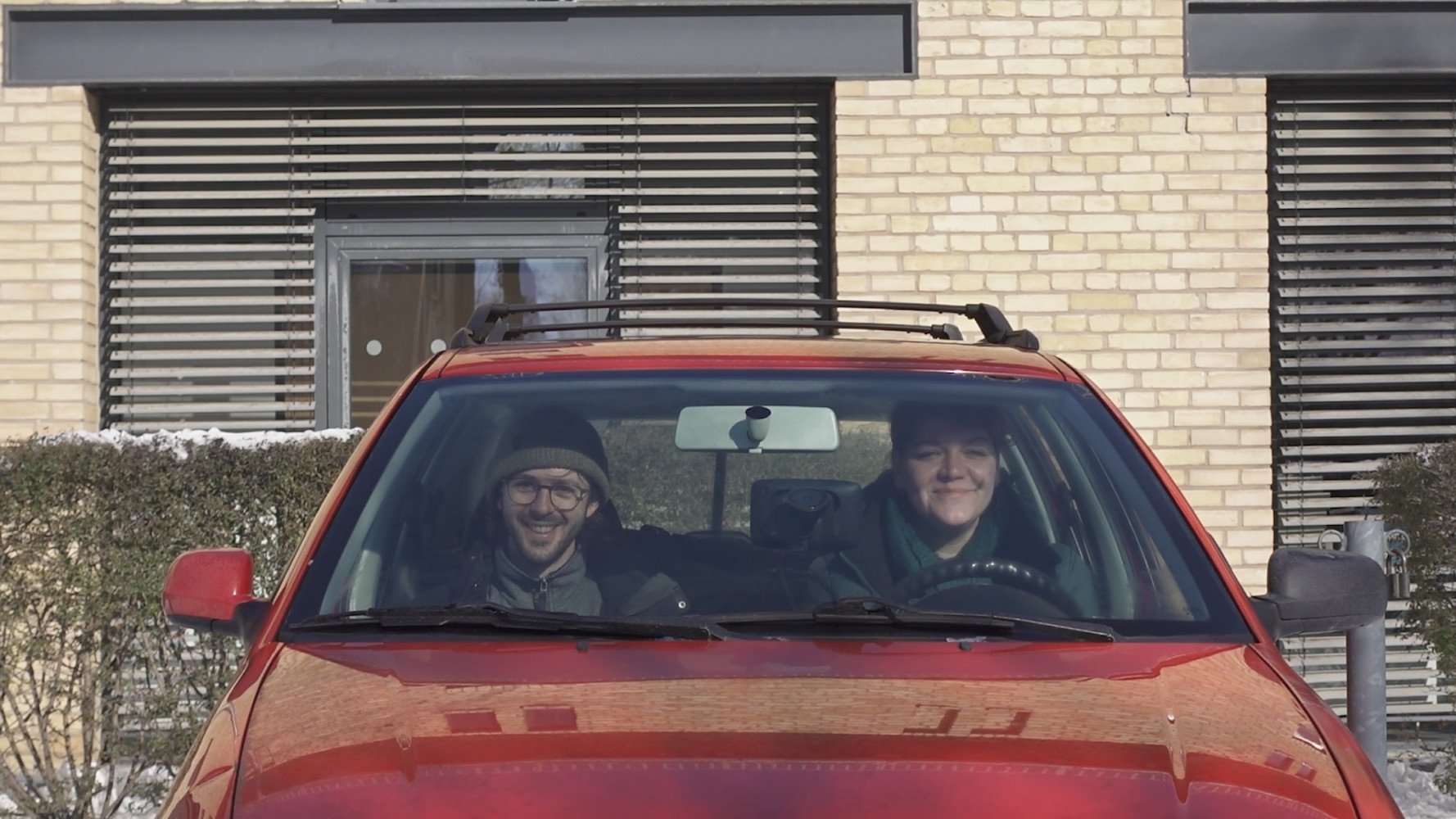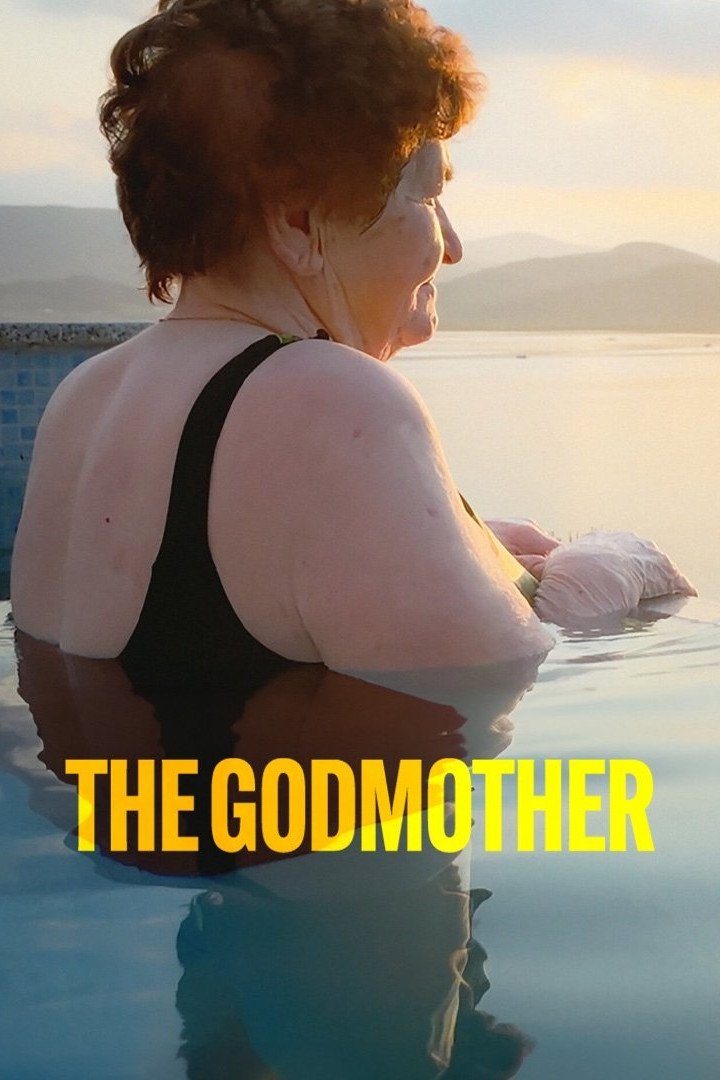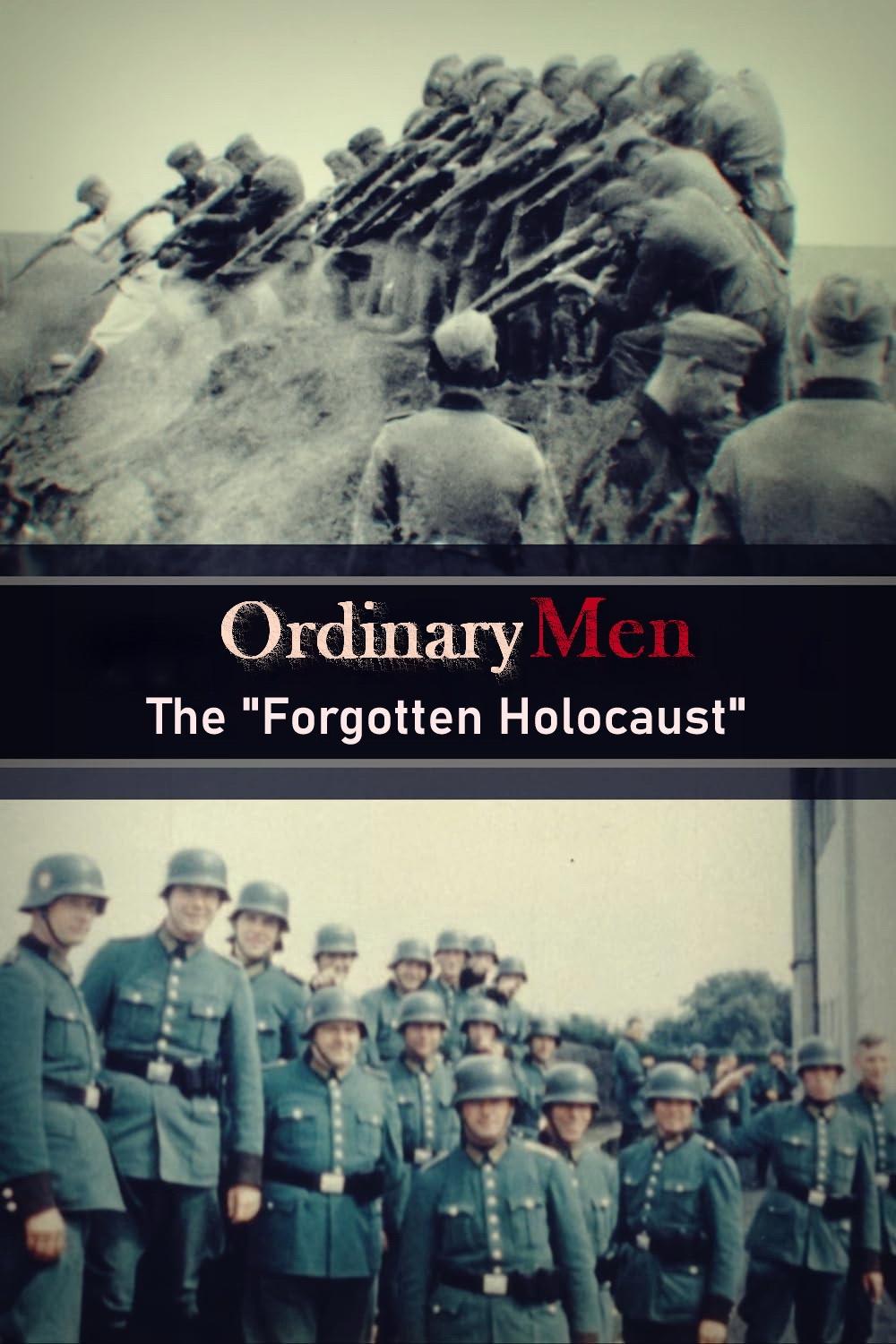
Vor Zurück Zur Seite Ran
2023
00.0(0 votes)
Documentary
Overview
Links & Resources
Social & External
Production Companies
Cast & Crew
6 members
Acting
Daniela Borchert
Self
No Image
Acting
Maximilian Dalichow
Self
No Image
Acting
Katja Kahle
Self
No Image
Acting
Nicole Nikutowski
Self
No Image
Acting
Stefan Pape
Self
No Image
Acting
Thomas Tack
Self
No Image











